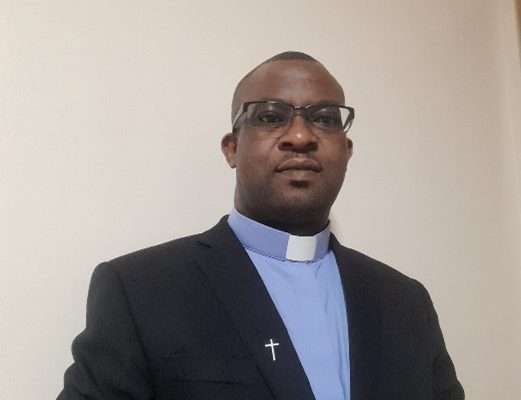- 2022-01-06
2021 was not an easy year as many people struggled to cope with the complications that COVID-19 continued to assert into the world. Economies were affected especially in Africa where many people continued to eke a living as recovery continued to happen painstakingly since 2020 when the disease hit us. According to the World Bank in Africa, the virus has so far pushed over 40 million people into extreme poverty. Most of Africa struggles with weak health systems and services, and it was a no-brainer that the virus was going to have devastating impact on the world’s most promising continent.
It will take much time for full recovery to happen in Africa as she lags in important facets of recovery. Low vaccination rates due to limited resources, for instance, mean that vulnerable people have been largely unable to benefit. This means that containment measures such as limited movement and gatherings remain in place in many places. People have been losing lives, income, and others have had their health deteriorating owing to COVID-19 infections.
Young people comprise over 70% of Africa’s population, and they suffered greatly, and they are still suffering from this pandemic. Income opportunities have greatly reduced. The education sector has been affected with programmes disrupted and slowed down. Taking the example of Kenya, a crash programme was adopted with minimal time to rest for students which means little time for parents and guardians to prepare relevant items such as fees and learning material in good time. The same pressure is also being felt by teachers. This situation is the same in many African countries.
These situations have emotionally impacted young learners and we must be cognizant of them as we engage with them. We cannot overlook the possibility of mental issues increasing because of the arising new challenges worsening the already existed challenging situations to all. If anything, many young people are distressed by unusual pressures added to the usual challenges they face as they pursue identity and purpose in life. We must pay closer attention to youth and increase our frequency and opportunities of engagement with them. Yes, as parents, guardians, and caregivers, we must double our efforts to attend to material needs of the children and young people but also and more importantly spend time with them, listen to them and guide them to face responsibly their challenges. As all of us and the whole world face a moment of uncertainty, fear, confusion, and trauma, young people need us more than ever.
AJAN en tant que réseau se concentre sur l'implication des jeunes face à leur monde. Ce numéro d'AJANews de décembre 2021 présente les efforts créatifs des jeunes dans la sensibilisation à la lutte contre le VIH/SIDA au Libéria par des moyens ingénieux tels que les émissions de radio, sous la coordination de l'église catholique Holy Trinity à Monrovia. À Madagascar, le Centre Arrupe Madagascar (CA MDG) se concentre sur la sensibilisation à la violence sexiste chez les jeunes. C'est ainsi qu'elle a entrepris 16 jours d'activisme contre la violence de genre qui est l'un des facteurs de propagation du VIH. Le Centre Catholique Universitaire – CIEE/CCU à Bangui (République Centrafricaine) implique les activités des jeunes pour mettre fin aux inégalités et prévenir la propagation du VIH en République Centrafricaine. Le secrétariat d'AJAN, de son côté, se joint à la fraternité pénitentiaire de Nairobi (Kenya) pour fêter Noël.
Ce processus consistant à impliquer les jeunes dans la recherche de solutions, la sensibilisation, le plaidoyer contre des problèmes tels que la violence, les inégalités, la lutte contre les pandémies, etc. dotent les jeunes de compétences importantes pour leur permettre de traverser la vie à partir d'une position autonome. Nous vous invitons à lire ce numéro pour plus de détails, à le partager et à nous faire part de vos commentaires.

